
Dozens of Facebook pages and videos denouncing "corruption", "injustice" and "inequality" have flourished in recent months in Morocco pushing the kingdom's boundaries on freedom of expression, experts say.
"Intolerance towards inequalities is growing" and Moroccans are "more and more aware of their rights and are increasingly expressing their dissatisfaction, their needs and their wants," said a recent official report.
This "major change" is linked to the growth of social media and the "free space for expression and debate" which it provides, said the country's Economic, Social and Environmental Council.
Morocco has been marked in recent years by glaring social and regional inequalities, against a backdrop of high unemployment especially among its burgeoning population of young people.
A wave of social unrest began in October 2016 after the death of a fisherman and spiralled into protests in 2017 demanding more development in the neglected Rif region and railing against corruption and joblessness.
While Moroccans are losing trust in their institutions "the opening up provided by the internet, social networks and electronic media ... has enormously helped ... to mobilise public opinion," the council added.
'Protests 2.0'
One such online Facebook page site is Kifaa7 which with its logo of a raised fist presents itself as a champion for the dispossessed, carrying the stories of families swept out of their slums in Casablanca or young Moroccans who have risked everything to make perilous crossings across the Mediterranean in search of a better life.
More than 500,000 people have subscribed to the page, many adding their voices to a lively, often outraged, sometimes abusive comment section.
Another Facebook page "Achaab Yourid" or "The People Want" has 1.2 million subscribers and regularly castigates politicians about the misery in which many live.
These are not the only examples, with many other so-called information pages aggregating content, comment and sometimes simplistic, populist messages, which are followed by hundreds of thousands of people.
"The draw of social networks is they allow everyone to be a full member of a virtual society, even if they are not part of a real society," said researcher and media expert Abdelwahab Errami.
For Aziz Chahir these "protests 2.0" are "legitimate expressions by some ... who feel marginalised, those active minorities who can't express themselves in the public space."
In its last report on press freedom, Reporters Without Borders placed Morocco at 133rd out of 180 countries.
Recently revised speech laws which the Moroccan authorities say "guarantee a pluralist, free press" have seen some advances, but Human Rights Watch said the code still "leaves intact the country's famous red lines on critical speech" which "limit critical discussion of some of the key issues in the kingdom".
But unlike in the traditional media, online users are enabled to give "unbridled" rein to their opinions thanks to "an anonymity, a virtual solidarity" creating an echo chamber of voices all defending the same cause, added Errami.
Outlet for 'social malaise'
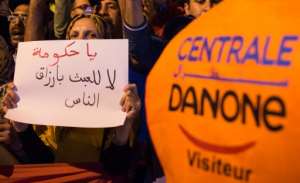 A demonstrator holds a sign as employees of the company Centrale Danone, a subsidiary of French multinational Danone, protest in front the parliament in Rabat on June 5, 2018, against the boycott of the brand in Morocco. By Fadel SENNA (AFP/File)
A demonstrator holds a sign as employees of the company Centrale Danone, a subsidiary of French multinational Danone, protest in front the parliament in Rabat on June 5, 2018, against the boycott of the brand in Morocco. By Fadel SENNA (AFP/File) Such pages gained in popularity, even notoriety, earlier this year with an unprecedented boycott campaign to protest the cost of living.
After the message to boycott three well-known brands of petrol stations, water and milk spread like wildfire, several Facebook pages became popular "go-to" sites.
Out of the country's 35 million people, about 20 million are estimated to be regular internet users.
"Digital has become the main channel to broadcast current themes, with an impact proportional to its rate of penetration," said Rachid Jankari, an expert in new technology.
These digital channels have become "a barometer ... for social malaise," he said, pointing to the growing use of video as a new trend with "incredible reach".
YouTube is also becoming a popular space for users to publish harsh commentaries on the daily news, some even daring to criticise King Mohammed VI, his "political choices", lifestyle, or even his long trips abroad.
In unprecedented scenes, a recent speech by the king, known as the "father of all Moroccans", was ruthlessly dissected by journalists and artists during a popular webshow. When the speech was shown on the YouTube channel of the public television Al Aoula it even garnered more dislikes than likes, until the comment section was hastily shut down.
But the negative comments about the king, led a dozen men draped in Moroccan flags to protest outside parliament earlier this month urging the government to take action against those insulting the monarch.
The government is drawing up a law against what it terms "fake news" while the communications ministry in September demanded Moroccan media refrain from any "false allegations" in their articles.
Read Full Story
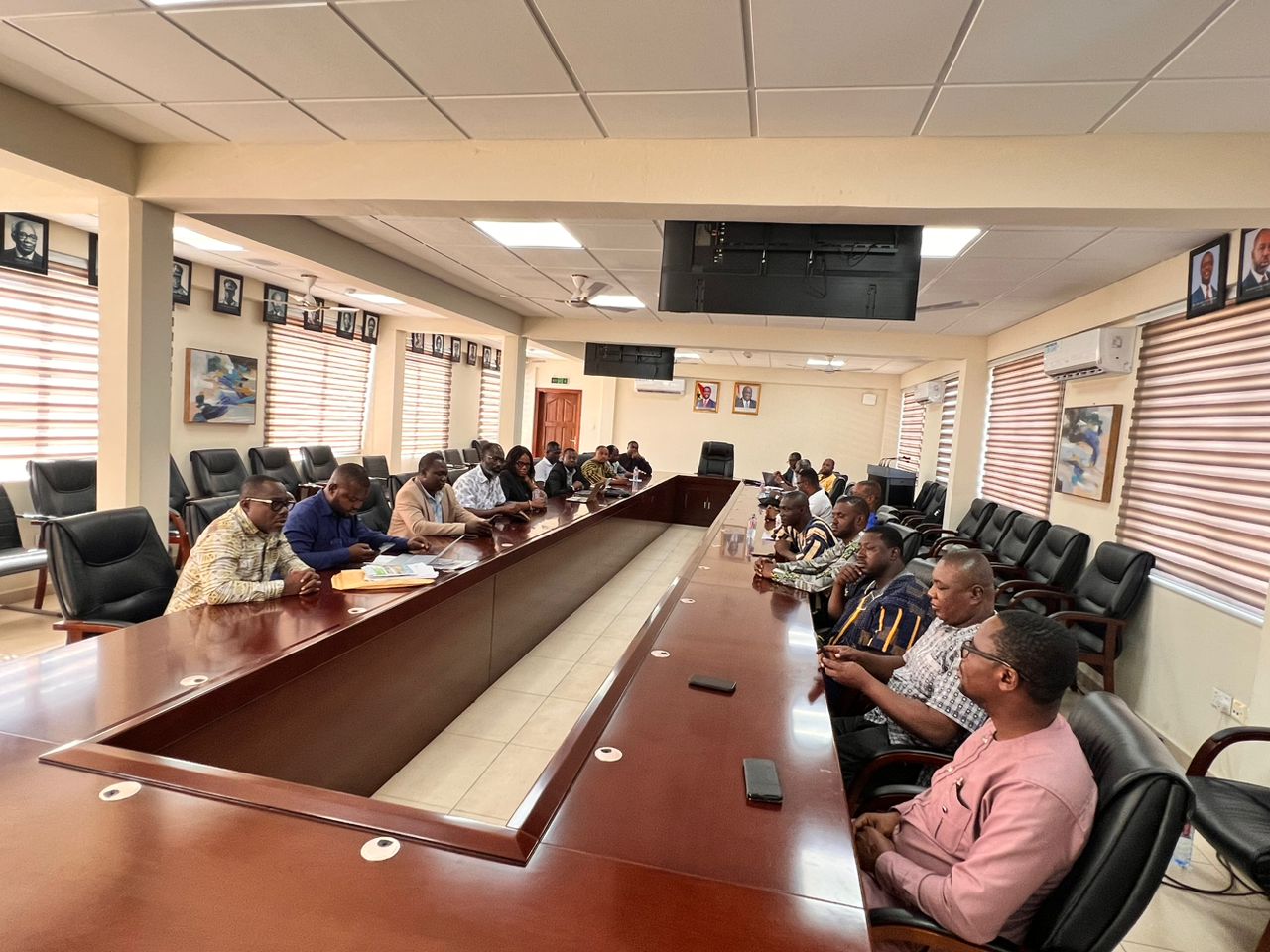
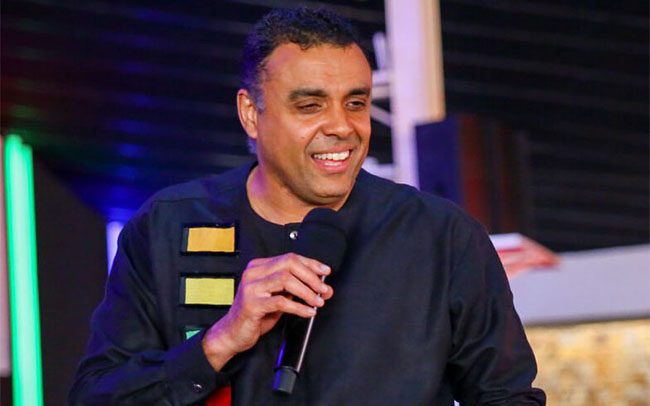
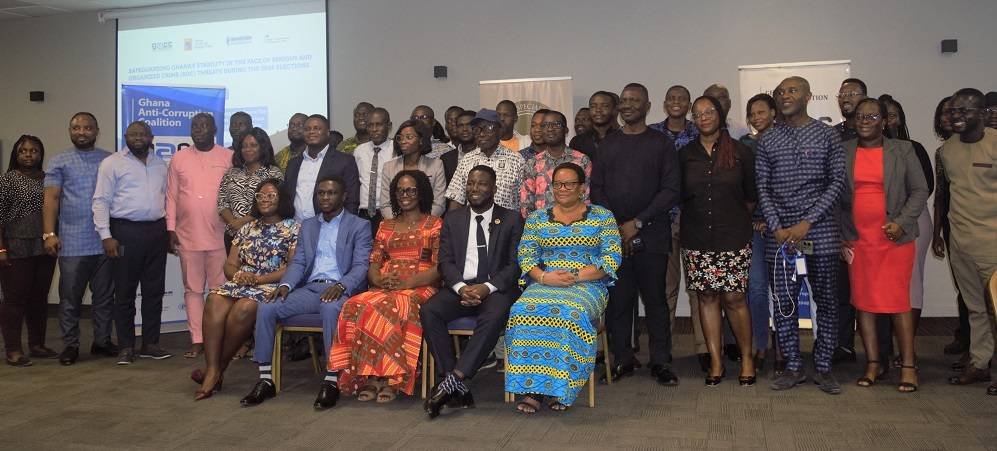




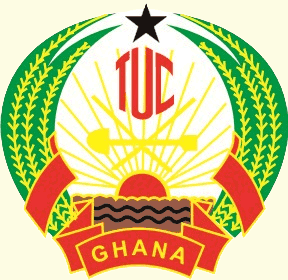
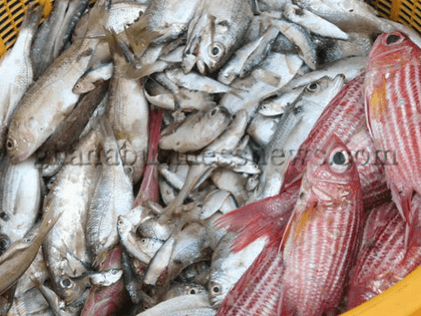

Facebook
Twitter
Pinterest
Instagram
Google+
YouTube
LinkedIn
RSS